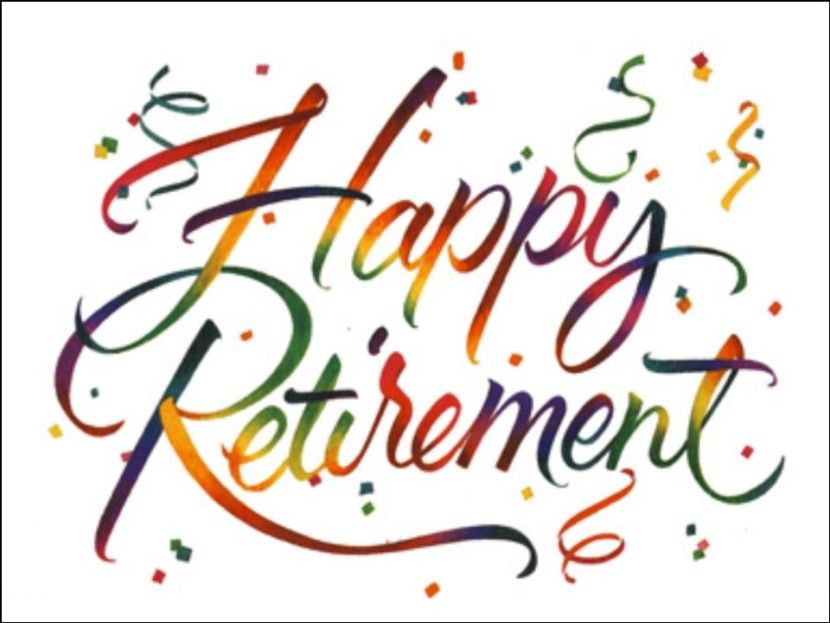Author: Christopher Green
As the population ages, and baby boomers begin retiring in greater numbers, family lawyers increasingly find themselves grappling with the problem of adjusting spousal support obligations to account for the new financial realities of retirement.
Spousal support obligations, or alimony, are typically negotiated during a couple’s peak earning years, but very few of these arrangements have ‘sunset’ provisions that squarely, and fairly, address the inevitability of eventual retirement, and the reduced monthly income that accompanies it. It is a thorny issue, with equities on both sides of the argument.
One important component of spousal support is addressing any economic disadvantages suffered as a result of the marriage, which, if they exist, are likely to persist for the rest of the recipient’s lifetime, making a compelling case for the proposition that support awards should be lifetime obligations. The need persists, and the paying spouse has had the economic benefit, so is presumably retiring in more comfortable circumstances.
On the other hand, a retiring spouse, no longer in receipt of employment income, may be left with insufficient income to both meet their basic needs and pay support. In a very practical sense, they can never retire, unless their spousal support obligation is reduced or extinguished. A recent case in the Supreme Court of British Columbia Hague v Hague 2022 BCCA 325 addresses the issues and provides some useful guidelines .
It was a 35 year marriage, and Mr Hague was required to pay spousal support. Then at age 65, and after working for 45 years, Mr Hague wanted to retire, and applied to the court to relieve him of his support obligation upon his retirement. The case was first heard in Supreme court, and resulted in a finding that the decision to retire was a reasonable one, the parties, who both had other assets, and had split their RRSPs, were in equivalent economic circumstances, and that, at the end of the day, the economic consequences of the marriage, and the divorce, had been borne equitably by both parties. Spousal support was ordered terminated. On appeal, the British Columbia Court of Appeal agreed.
Of interest is the fact that both courts looked at Mr Hague’s motive for retirement- was it being done out of spite, to deny support to his ex, or was it a reasonable decision, based upon his age, health, and the utility of continuing to work once his pension was fully vested. It is clear that the case ought not to be taken as a precedent that one can count on being relieved of support obligations simply by virtue of attaining the magic age of 65. In many cases a paying spouse may find that their obligation continues, notwithstanding their retirement. One should expect to have one’s motives, and circumstances carefully, and skeptically reviewed.
The task of adjusting spousal support to meet the changed circumstances of retirement is likely going to consume even more of our time in years to come.
If you are thinking about retirement and are paying or receiving spousal support, you may want to drop in for a chat.


Fill out the form and one of our highly skilled staff will get back to you within the next business day.

